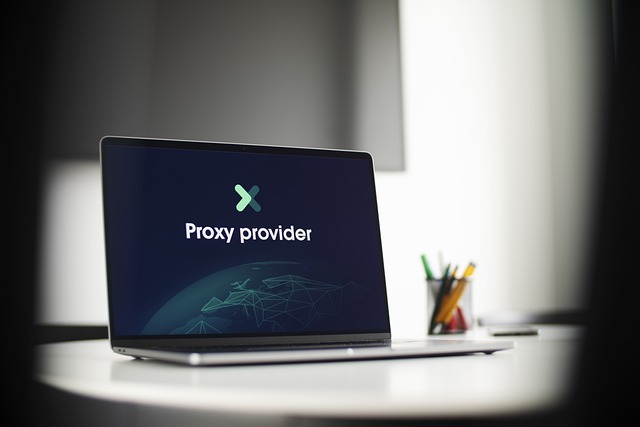Understanding proxies: premium, private, and residential

Proxies are versatile tools that address many needs: privacy, security, and performance (non-exhaustive list). They play an essential role in these areas; whether it's protecting your online identity, accessing geo-restricted content, or optimizing data collection (web scraping). Proxies provide a range of solutions suitable for both individuals and professionals.
In this article, we'll look at premium, private, and residential proxies, their benefits, how they work, and the criteria for choosing the service best suited to your needs.
What is a proxy?
A proxy is an intermediary
server that relays your requests between your device and the Internet, which helps mask your real IP address. It can be used to strengthen anonymity, bypass geographic restrictions (like Netflix, Disney+, the naughty ones… In France, you often have to wait several months after a movie’s theatrical release before it arrives on streaming services), or even improve browsing performance.
What is a premium proxy?
Unlike free proxies, a premium proxy offers faster, more secure connections with reduced latency. These proxies also allow you to circumvent geographic restrictions and access international content as if you were physically present in the target country.
Premium proxies guarantee high speeds and dedicated bandwidth, which is crucial for video streaming (otherwise, it's a disaster), large data downloads, or web scraping. Their encryption improves security (note: this absolutely does not solve every problem, and it needs to be properly configured), especially for banking transactions (especially nowadays), sensitive professional activities, or operations requiring increased confidentiality.
When a user connects to a premium proxy, all their Internet requests first pass through the proxy server, which then forwards them to the target site, masking the real IP address. This mechanism is particularly useful for web scraping, as rotating IP addresses make it possible to collect data without risking blocks. Note that you should follow best practices for scraping, you don’t want your scraping to be mistaken for a brute-force attack.
Private proxies: security and performance
Private proxies, also called dedicated proxies, are assigned to a single user. This exclusivity ensures that all server resources and bandwidth are reserved for that user, delivering better performance, enhanced security, and optimal reliability in the resources provided. Unlike shared proxies, private proxies guarantee a high level of anonymity, making it difficult to track or block your IP address.
Private proxies operate similarly to premium proxies: the user’s request passes through the proxy server, which masks the IP and relays the request to the target site. This intermediary protects the user’s identity and location while improving connection speed and reducing the risk of blocks.
These proxies are particularly useful for data scraping, SEO monitoring, managing multiple social media accounts, online gaming, or price monitoring in e-commerce. They also enable access to geo-restricted content and help maintain the confidentiality of online transactions.
Compared with free proxies, private proxies offer a higher level of security, stable performance, and reliable customer support. Free proxies, by contrast, are often slow, unstable, and more easily detected by websites.
Residential proxies
Residential proxies use real IP addresses provided by Internet Service Providers (ISPs), which makes them harder to detect and block. They are particularly suited to activities requiring a high level of credibility, such as competitive data scraping, managing multiple accounts, or accessing region-restricted content.
These proxies allow you to connect to the Internet as if you were physically located in a specific region, which is a significant advantage for local SEO and targeted marketing strategies. They offer reliable speeds, enhanced security, and the ability to bypass online filters or censorship. High-end residential proxies are therefore a worthwhile investment for businesses and individuals who want to ensure consistent, secure performance.
When choosing a residential proxy service, it’s important to check the size and diversity of the IP pool, the provider’s reputation, compatibility with your tools, and the quality of customer support. A good residential proxy service can transform your online activities by enabling effective data collection, accurate SEO tracking, and secure access to international information.
SOCKS5 proxies: flexibility and performance
Among the different types of proxies, SOCKS5 stands out for its versatility and security features. Unlike HTTP proxies, which are limited to the browser, SOCKS5 supports multiple Internet protocols, making it suitable for torrenting, online gaming, and streaming. Its end-to-end encryption protects data during transmission, and its ability to handle different types of traffic without compromising speed is a major asset for demanding users.
SOCKS5 proxies also make it easy to bypass geographic restrictions and enjoy anonymous browsing without significant slowdowns, ideal for journalists, activists, or anyone living in a country with strict censorship.
Conclusion
Proxies, whether premium, private, or residential, are indispensable tools, and we’ve looked at some of their use cases. Personally, I mainly use them for streaming ^^